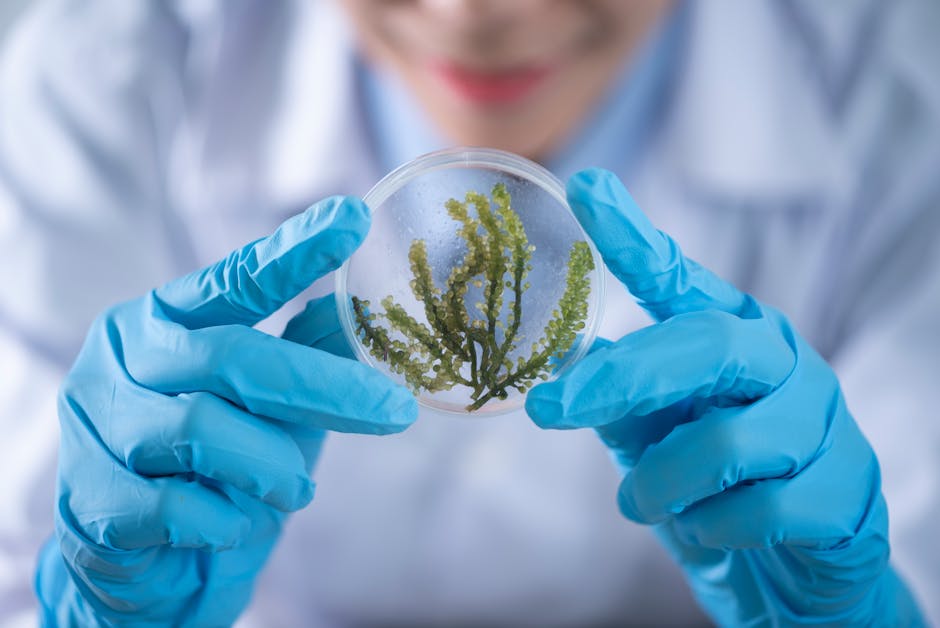
Overview
Affinity chromatography is a powerful technique used in laboratories to purify proteins, enzymes, antibodies, and other biomolecules. This method takes advantage of the specific binding interactions between a molecule of interest and a ligand attached to a stationary phase, allowing for the selective isolation of the target molecule from a complex mixture.
Key Information
The principle of affinity chromatography relies on the specific affinity between the target molecule and a ligand. The ligand is immobilized on a solid support, such as agarose or cellulose beads, forming the stationary phase. When a mixture containing various molecules is passed through this column, only those with a high affinity for the ligand will bind, while others are washed away. This selective binding allows for the purification of the target molecule.
Affinity chromatography is highly versatile and can be adapted for various applications, including purifying antibodies, enzymes, and nucleic acids. The method is characterized by its high specificity, efficiency, and ability to purify molecules in a single step.
Clinical Significance
In the medical field, affinity chromatography is invaluable for purifying therapeutic proteins and antibodies used in treatments. It plays a crucial role in the production of biopharmaceuticals, ensuring that these products are pure and safe for clinical use. The technique is also used in diagnostic applications, such as the development of assays and tests that require high specificity and sensitivity.
Treatment & Management
While affinity chromatography itself is not a treatment, it supports therapeutic approaches by providing highly purified biomolecules necessary for drug development and production. Researchers and pharmaceutical companies use this technique to isolate proteins that can be used in treatments for various diseases, including cancer, autoimmune disorders, and infectious diseases.
Patient Resources
Patients interested in learning more about how affinity chromatography impacts their treatments can access resources provided by research institutions and pharmaceutical companies. Educational materials often explain the role of this technique in ensuring the safety and efficacy of biopharmaceuticals.
Frequently Asked Questions
- What are the advantages of affinity chromatography?
The main advantages are its high specificity, efficiency, and ability to purify molecules in a single step, making it ideal for producing highly pure biomolecules.
- Can affinity chromatography be used for DNA purification?
Yes, affinity chromatography can be adapted for nucleic acid purification by using specific ligands that bind to DNA or RNA molecules.
- Is affinity chromatography used in vaccine production?
Yes, it is often used to purify proteins and antigens that are essential components of vaccines, ensuring their safety and effectiveness.

















Comments
Thank you. Comment sent for approval.
Something is wrong, try again later